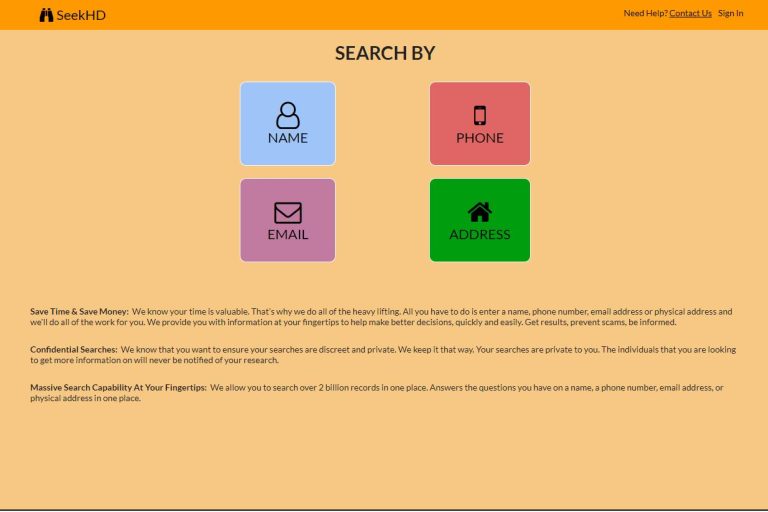Exploring the Diverse Benefits of Bitcoin Beyond Finance
Bitcoin (BTC) was initially designed to function as mobile money. Anonymous creator Satoshi Nakamoto described the asset in the 2008 whitepaper as a peer-to-peer cash system that allows users to send and receive money without a middleman or other central authority. This led to Bitcoin’s expanded use as a medium of exchange, beginning with the Bitcoin Pizza transaction of 2010, widely recognized as the first transaction where Bitcoin was used in exchange for goods.
While Bitcoin has considerably served its initial purpose, the world’s largest cryptocurrency by market cap has various uses that extend beyond the finance sector. The following are a few multifaceted benefits of Bitcoin:
User Privacy in Online Transactions
Bitcoin offers an impressive level of transaction privacy that is unavailable in the traditional sector. The blockchain allows users more control over their financial transactions and data, ensuring that information transferred between parties is minimal. This is helpful in the online gaming and casino industry, where users are particular about privacy.
Online casinos like those featured here leverage blockchain’s anonymity to attract users who want to gamble discreetly. Instead of using traditional casinos that require fiat transactions, gamblers can use Bitcoin casinos that allow users to make deposits and withdrawals using BTC and other cryptos. In addition, players can place bets denominated in Bitcoin to reduce the risk of financial surveillance. Furthermore, the casino industry can benefit from using Bitcoin because the blockchain’s immutability minimizes the risk of fraudulent activities and chargebacks. In general, this builds trust and reliability between players and casino operators.
Philanthropy
Bitcoin is one of the best ways through which charities and other humanitarian organizations can accept donations and funding from interested donors worldwide. Since Bitcoin is decentralized, the transactions on the blockchain are censorship-resistant, reducing the risk of payment issues for cross-border donations.
In some cases, humanitarian organizations require these funds for quick relief efforts, especially after a natural disaster. Since time is of the essence in these situations, Bitcoin provides the best way for funds to reach people who need them without any regulatory or geographical restrictions. In addition to speed and fewer hindrances, Bitcoin’s transparency ensures accountability by allowing all parties to trace funds in real-time.
Automation
Although smart contracts are more popular on the Ethereum blockchain, they are possible on Bitcoin via the network’s native Script language. A smart contract is a self-executing program that automatically runs when specific conditions are met. These programs are an excellent option for use across many sectors.
For instance, the real estate industry can use smart contracts to simplify the process of purchasing, selling, and renting properties. Smart contracts can be used to automatically transfer property titles or automate escrow payments depending on specified conditions. They can also help to enforce contractual obligations, automatically releasing rental payments between tenants and landlords. This reduces the need for manual payments and almost entirely eliminates the risk of defaults.
The Gig Industry
Bitcoin functions as excellent fuel to keep the gig industry running. Since online jobs and contracts have become very popular, payers and recipients can easily use the Bitcoin blockchain to fulfill contractual obligations. These may be done using microtransactions, where payments are released upon completion of specific milestones according to predetermined conditions.
Bitcoin also helps content creators monetize their work, opening a new income stream for them. Instead of a complete reliance on advertising or subscription revenue, users can directly tip their favorite content creators by making small donations and payments for artwork, articles, videos, recordings, and other publications. In addition to helping them earn more money, this process instills a sense of community among followers or fans of these content creators and creates a closer bond between the creators and their audiences. Eventually, creators become incentivized to release more high-quality content to cater to followers.
Data Security
Since the Bitcoin blockchain is immutable, transactions recorded on the network remain permanently unchanged. This makes Bitcoin a great way to guarantee transaction security while fulfilling privacy needs.
In supply chain management, stakeholders can maintain a high level of confidentiality by ensuring that sensitive data are only accessible on a need-to-know basis. Using Bitcoin, all data, including manufacturing origin, shipment details, and intended recipients, are securely recorded on the blockchain. In addition, parties can track the movement of goods across the supply chain, from the point of release to the recipient’s destination. This contributes integrity to the supply chain ecosystem, ensuring trust among all stakeholders.
Crypto and Blockchain Innovation
Evidently, the success of the Bitcoin blockchain is responsible for the proliferation of digital assets. As the first major decentralized cryptocurrency, Bitcoin set the pace for most other cryptocurrencies known today. Bitcoin itself forked other assets, including Bitcoin Cash (BCH), Litecoin (LTC), Bitcoin Satoshi Vision (BSV), and Bitcoin Gold (BTG). In a way, Bitcoin paved the way for all of the significant innovations seen in blockchain today, including asset tokenization, decentralized finance (DeFi), decentralized autonomous organizations (DAOs), and non-fungible tokens (NFTs).







